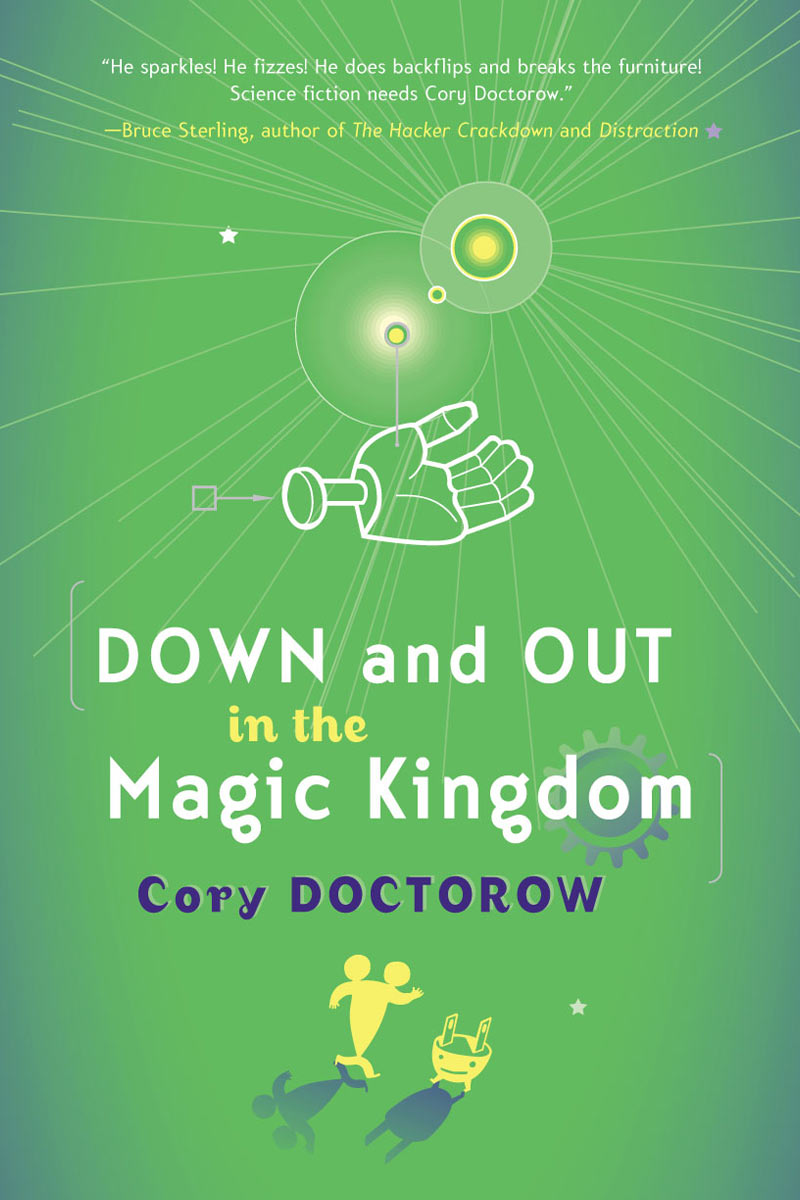Dylan Tweney has posted the unedited transcript of the interview he did for his piece on SFGate.com.
And, there’s this kind of, you know, tiresome, retrograde, dreary meme that says we have to wait for screens to get sharper, we need digital ink, you need to be able to carry it around, you need to be able to take it to the bathtub, blah blah blah – And to me it sounds like priests sitting around holding a Gutenberg bible, and saying, How can the word of God possibly leap off one of these louche and dirty pages from Mister Gutenberg’s press, you know, that the true word of God can only be carried when it’s hand-illuminated on fetal calf skin by a monk who’s devoted his life to understanding the word. And you know, I think that it’s time for a Protestant Reformation. It’s true that you can’t take an e-book into the tub, and it doesn’t smell nice, and all the rest of it, but on the other hand, you can carry around 40,000 of them on a drive the size of credit card. As someone who owns around 20,000 books and who has put them in boxes and moved them more than once, I can tell you that this is a serious advantage. Right? The other thing is that data is easy to back up. I can back up off site, over night, electronically, to a server in Australia that will survive even if the hemisphere goes, whereas backing up books – I mean, books are printed on substrate that is so fragile that it burns when it comes into contact with oxygen. We actually use that substrate to wipe our asses with. This is not robust, archival material. This is the very definition of ephemeral, that literature is a book written on toilet paper.




























